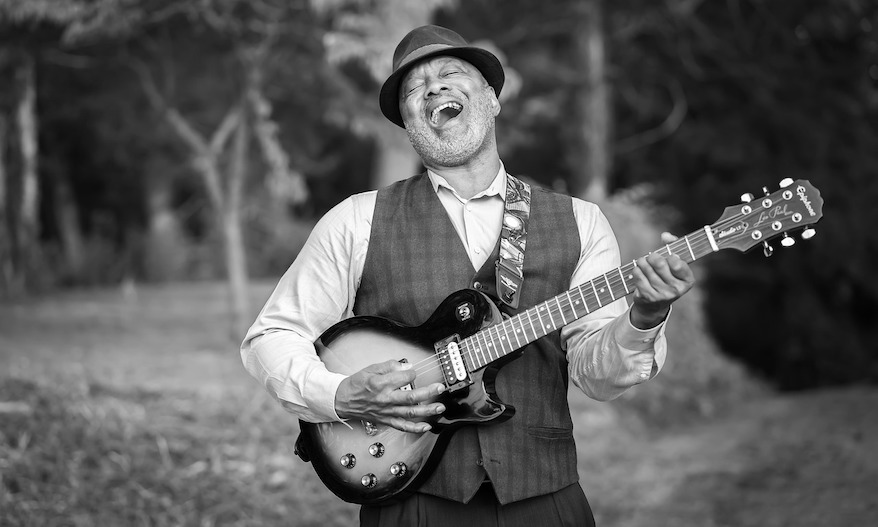If you’ve ever thought about learning an instrument or taking voice lessons but wondered if you missed your chance, here’s some good news: it’s never too late (or too early) to start learning music. Whether you’re a child just beginning to explore sound, an adult searching for a creative outlet, or a retiree seeking a new passion, music offers benefits that reach far beyond the notes on the page.
At Falcetti School of Music, we’ve taught students from ages four to eighty-four — all discovering joy, community, and personal growth through music. Music is such a powerful gift at any stage of life.
The Universal Benefits of Music
For Young Students (Under Age 10): Building Foundations for Life
Early childhood is one of the best times to introduce music. Between birth and age 10, the brain is especially receptive to learning patterns, language, and coordination. Music lessons tap into all three.
1. Cognitive Superpowers
Learning rhythm, pitch, and melody strengthens memory, attention span, and even math skills. Studies show children who study music often perform better in school subjects like reading and problem-solving because music trains the brain to recognize patterns and think creatively.
2. Confidence and Expression
For shy or introverted kids, music provides a safe way to express themselves. Playing a song on the piano or singing in a group builds confidence and gives children a sense of accomplishment.
3. Developing Discipline
Even short practice sessions teach responsibility and persistence—skills that will serve them in academics, sports, and beyond.
4. Joyful Connection
Many of our younger students light up when they play at recitals—whether it’s a simple duet with a teacher or playing in our “Build-a-Band” program. These experiences teach teamwork and a sense of accomplishment, while helping students make new friends and memories. We also offer “Tots ‘N Tune,” a fun and interactive program that introduces infants and toddlers to music — helping both child and caregiver bond and explore together.
For parents, the biggest takeaway is this: enrolling your child in music isn’t just about lessons. It’s about giving them a foundation for learning, creativity, and self-confidence that can last a lifetime.
For Adults and Midlife Learners: A Creative Outlet
Although the focus in this article is on the very young and older adults, we shouldn’t skip over the busy middle years. Many adults in their 20s, 30s, and 40s turn to music as a creative way to relieve stress from work. Music provides balance, sparks creativity, and offers a way to connect with others outside of professional or family responsibilities.
For Older Students (Age 55+): Music as Lifelong Enrichment
One of the most inspiring parts of our school community is seeing older adults—some learning music for the very first time—embrace the joy of music.
1. Brain Health and Memory
Learning music stimulates multiple areas of the brain at once: memory, coordination, hearing, and concentration. Research suggests that musical training can help keep the mind sharp, improve memory, and even slow age-related cognitive decline.
2. Stress Relief and Emotional Well-being
Music offers a sense of calm, structure, and fulfillment. For retirees or those adjusting to life changes, it brings purpose and joy — while singing or playing an instrument can lower stress, ease anxiety, and create moments of pure enjoyment.
3. Social Connections
Older adults often find new friendships through group classes, choirs, or community ensembles. Making music together creates a sense of belonging and combats isolation, which is vital for emotional health.
4. Confidence and Growth
It’s empowering to master a new skill later in life. Whether it’s learning your first chords on guitar or singing your first solo, many older students find themselves surprised—and proud—of what they can achieve.
Music offers benefits that reach far beyond the notes on the page...
No matter your age, music provides lifelong benefits in every area of life:
- Cognitive: stronger memory, focus, and creativity.
- Emotional: self-expression, stress relief, and confidence.
- Social: connections with others through ensembles and classes.
- Physical: better coordination, breathing, and motor skills.
- Cognitive Benefits: stronger memory, focus, and creativity.
- Emotional Benefits: self-expression, stress relief, and confidence.
- Social Benefits: connections with others through ensembles and classes.
Music truly is the universal language—one that grows with us throughout our lives.
It’s Never Too Early, and Never Too Late
Whether you’re a parent considering lessons for your young child, an adult seeking a creative outlet, or someone over 55 looking for enrichment and community, music can bring joy and growth to your life.
At Falcetti School of Music, we believe that every student—regardless of age—has the ability to make music and benefit from it. The most important step is simply to start.
So, if you’ve ever thought, “I wish I could learn an instrument,” or “Maybe it’s too late for me,” consider this your invitation to Find Your Sound — because music truly has no age limit.
Benefits of Learning Music at Any Age
